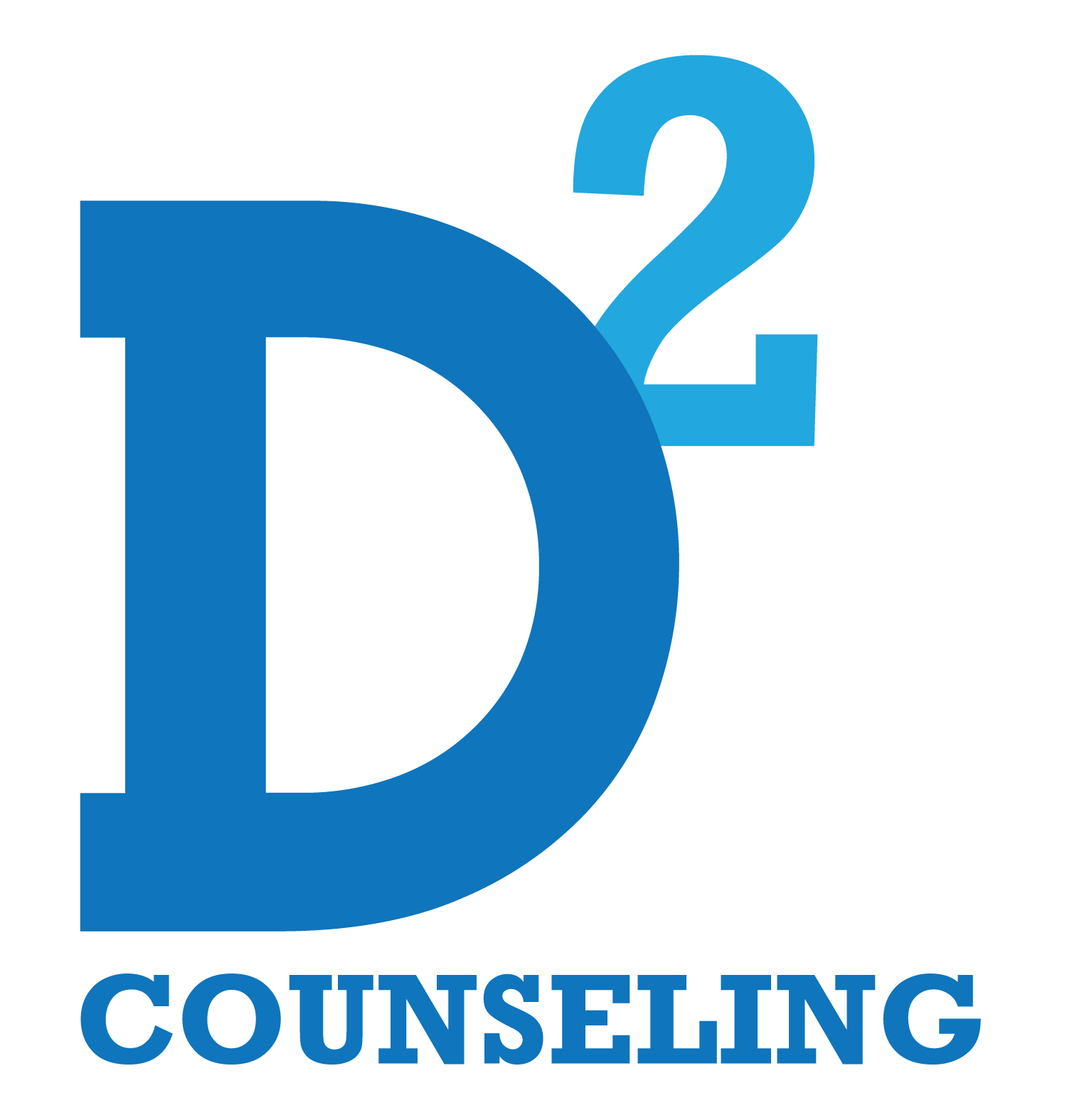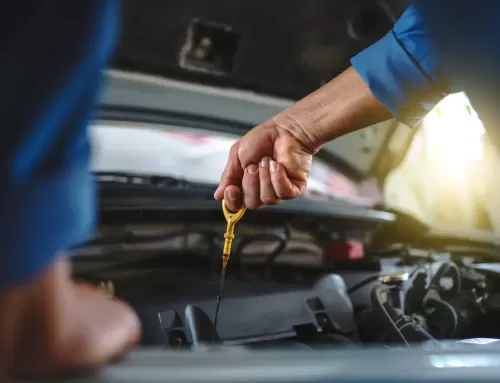If the truth be known, I am probably only a marginally effective marriage counselor. The only redemption in accepting this statement is that I am not sure any of my peers rank higher. It is not that I don’t have enough education or technique. I have licenses and diplomas that clearly illustrate that I am educated well beyond my own intelligence. There is a contributing factor to this process, however, that limits a counselor from moving the couple along to a higher functional level. That limiting factor is the willingness or ability of the couple themselves to participate.
Whenever a couple comes in, one or both acknowledges that they have problems in the relationship that need to be fixed, and even “probably have some things they should look at about themselves.” This is code for “I need to look like I am open to the process, but frankly, if the other one in this relationship would deal with their issues [that are offensive to me], we would be fine.” The only exception to this slam dunk truth is when one or both have been working on their “stuff” individually before relational counseling and have dealt with their contribution to the relationship. Then the slam dunk truth is only partially true.
As marriage counselors, we work with what shows up in the office and the art of our job is to identify the level at which the couple is playing and try to coach them further up the curve. Again the growth is limited not only by our educational skill but by our ability to relate at whatever level the couple arrives with. So couples, here are some things you can do to further growth in your relationship, whether you use a counseling process or not. As the line goes (with apologies to Jerry Maquire), “Help us help you!” First, tap into your ability to be self honest. Growth begins when you look at you. Of course you see the faults in the other better than they do. The ability to focus on others rather than ourselves leads to blame which ensures we never see our part. The relationship does not improve until both parts improve their offering. Second, learn that you are responsible for your own feelings, and your own happiness. If you are not sure of what it is you need or want, how in the world do you expect your partner to participate?
Handing them responsibility for your happiness again puts you into the victim role and you hand away the power you have for getting your needs met. “They should know what I want/like without me having to ask for it” is a recipe for disaster, frustration and is not true. Third, develop better boundaries. Protective boundaries keep us from having to take on what others say or do. Containment boundaries keep us from stepping on other people’s toes. Learn to develop both or you will drain your level of emotional energy that is required to work in an effective relationship. This is very difficult work and most don’t do it very well. I usually spend several sessions with couples just on boundaries. Take a class, read a book, practice with each other. You and the relationship deserve better than what most of bring in the area of boundaries.
Finally, marriage is not a net-sum relationship. There should be unlimited love, acceptance and positive regard. For one to win, the other does not have to lose (a feature of dysfunctional homes). The quick indicator I watch for is the level of reactivity around criticism and defensiveness. Couples describe horrible fights from last Tuesday, but 3 weeks from now cannot even tell you what they were about. This indicates reactivity not a meaningful conflict or difference. Reactivity is always tied to history and almost always predates the couple. Deal with the history and learn about you or you will blame the other for your unhappiness for the rest of the relationship. (Then whoever dies first wins). Most of us spent more time in Driver’s Ed than we did learning about healthy relationships. If you want to improve yours, growth is available, and it is a rewarding effort. Help us help you.
–
Rev. Daniel Gowan, LCDC, LPC-S



